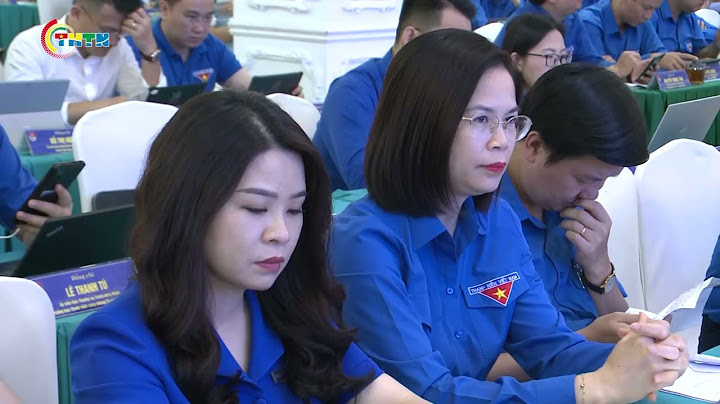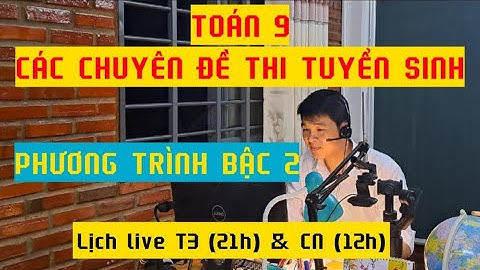Danh từ trìu tượng là gì? Những lưu ý khi sử dụng danh từ trìu tượng trong tiếng Anh? Cùng Tâm Nghiêm ESL khám phá qua bài viết này nhé Mục lục bài viết DANH TỪ TRỪU TƯỢNGCác danh từ trừu tượng là những danh từ được sử dụng để ám chỉ IDEAS (ý tưởng), EXPERIENCE (trải nghiệm, kinh nghiệm), QUALITY (chất lượng) hơn là một sự vật cụ thể hiện tượng. Ví dụ, danh từ HAPPINESS, INTENTION, và SHOCK là những danh từ trừu tượng, mang nghĩ (hạnh phúc, ý định và kinh ngạc). Khác hẳn với những danh từ cụ thể có thể nhìn thấy rõ ràng như PEN, BED hoặc TROUSERS. Có rất nhiều hậu tố được sử dụng đặc biệt và thường xuyên trong việc xác định nên danh từ trừu tượng. Một số các hậu tổ phổ biến như -MENT, -ION, -NESS hoặc -ITY. Lưu ý khi sử dụng danh từ trìu tượng-MENT và -ION thường biết 1 động từ thành 1 danh từ trừu tượng. Trong khi, -NESS hoặc -ITY được bổ sung them vào tính từ -ION thi thoảng thành –TION, -SION, -ATION hoặc -ITION Ví dụ về danh từ trìu tượng sử dụng các hậu tố ở trênACHIEVEMENT - something very good and difficult that you have succeeded in doing:
- something that you did or got after planning and working to make it happen, and that therefore gives you a feeling of
- satisfaction, or the act of working to make this happen:
ADJUSTMENT - a change in something that makes it better, more accurate, or more effective
AMAZEMENT - a feeling of great surprise
DISCOURAGEMENT - the state of having lost your confidence orenthusiasm for something:
IMPROVEMENT - an occasion when something gets better or when you make it better:
INVESTMENT REPLACEMENT – the process of replacing something with something else: RETIREMENT - the act of leaving your job and stopping working, usually because you are old:
- the period in someone’s life after they havestopped working because of having reached aparticular age
ACTION - the process of doing something in order to make something happen or to deal with a situation
COLLECTION - group of objects, often of the same sort, that have been collected
- a group of objects or people
COMBINATION - two or more things joined or mixed together to form a single unit
- the act of joining or mixing together two or more things to form a single unit
ILLUSION - a false idea or belief, especially about somebody or about a situation
- something that seems to exist but in fact does not, or seems to be something that it is not
IMAGINATION - the ability to form pictures in the mind:
- something that you think exists or is true,although in fact it is not real or true:
- the ability to think of new ideas:
PRODUCTION - the process of making or growing goods to be sold:
- the amount of something that is made orgrown by a country or a company:
RECOGNITION - agreement that something is true or legal:
- If you are given recognition, people showadmiration and respect for your achievements:
REDUCTION - reduction (in something) an act of making something less or
- an amount of money by which something is made cheaper
AGGRESSIVENESS - angry and threatening behavior
- behaviour that shows force and determination in order to succeed
ATTRACTIVENESS - the quality of being pleasant to look at or experience
- the quality of seeming interesting or worth having
BITTERNESS - angry and unhappy feelings caused by the belief that you have been treated unfairly
- the quality of being very serious and unpleasant, with a lot of anger and hatred involved
CONSCIOUSNESS - the state of understanding and realizingsomething:
- the state of being awake, thinking, and knowingwhat is happening around you:
PERMISSIVENESS - a situation in which behaviour that some peoplemight disapprove of is allowed:
TENDERNESS - the quality of being kind, gentle and loving
- the quality in food of being easy to bite through and cut
UGLINESS - the quality of being unpleasant to look at
- he quality of being unpleasant or dangerous, especially involving threats or violence
BITTERNESS - Someone who is bitter is angry and unhappy because they cannot forget bad things thathappened in the past:
- expressing a lot of hate and anger:
ABSURDITY - stupid and unreasonable, or silly in a humorousway
ANONYMITY - the situation in which someone’s name is not given or known:
COMPLEXITY - the state of having many parts and beingdifficult to understand or find an answer to:
CURIOSITY - uriosity (about something) | curiosity (to do something) a strong desire to know about something
- an unusual and interesting thing
GENEROSITY - the quality or condition of being generous:
HOSTILITY - unfriendly or aggressive feelings or behavior
- hostility (to/towards something) strong and angry opposition towards an idea, a plan or a situation
PROSPERITY - the state of being successful, especially in making money
SENSITIVITY - an ability to understand what other people need, and be helpful and kind to them:
- the quality of being easily upset by the things people say or do, or causing people to be upset, embarrassed, or angry:
Một số hậu tố khác được kết hợp để tạo nên danh từ trừu tượng-SHIP, -DOM, -TH và -HOOD Lưu ý rằng -SHIP và -HOOD thường xuyên được sử dụng kết hợp với các danh từ khác; trong khi -TH chỉ kết hợp với tính từ để hình thành danh từ trừu tượng và -DOM có thể kết hợp với cả danh từ và tính từ | 





















